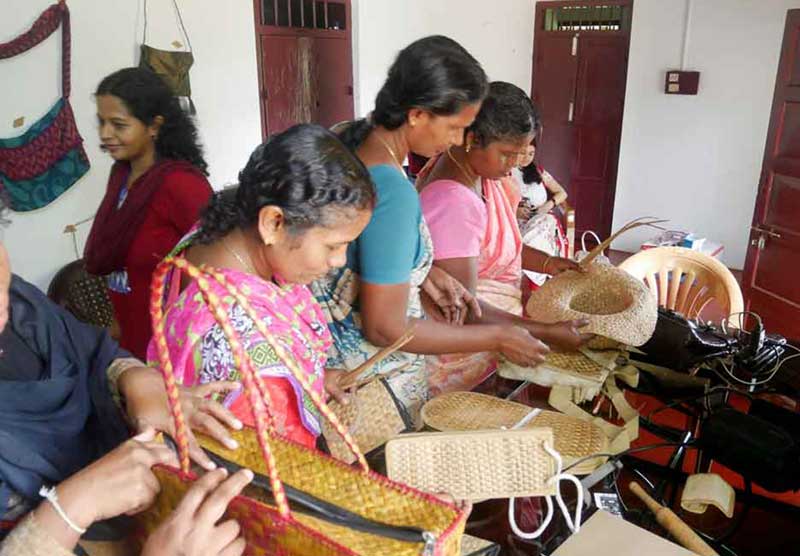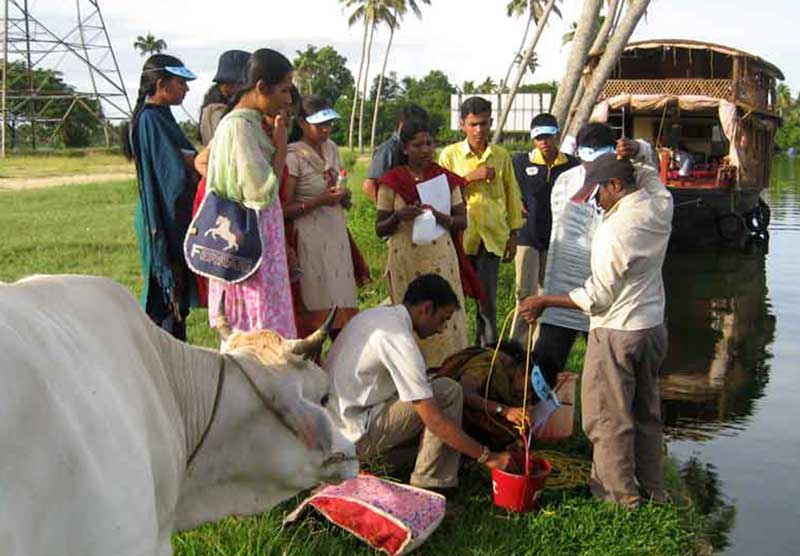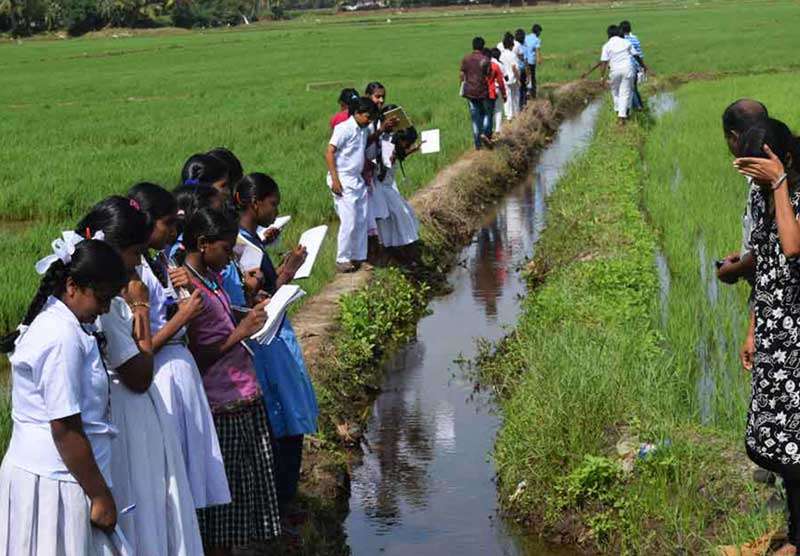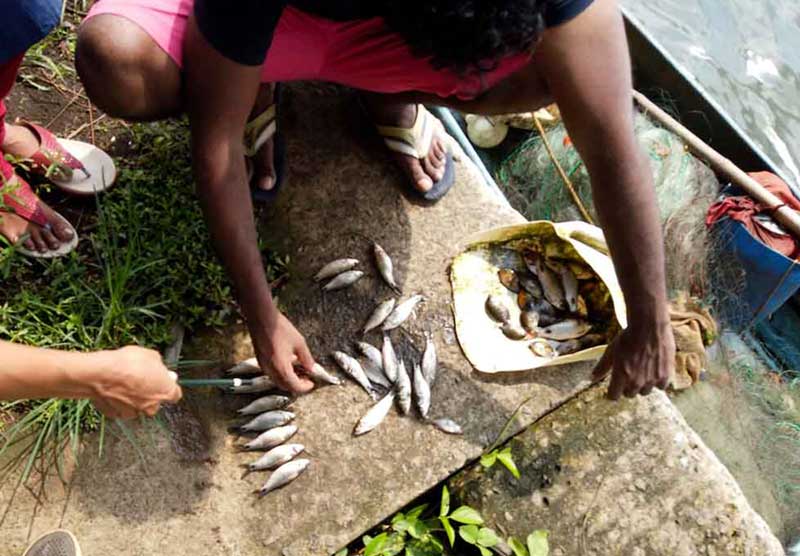The Vembanad CCC, also called the Community Environmental Resource Centre (CERC), is an ATREE field academy engaged in wetland conservation, sustainable livelihood and climate action. CERC was established in 2007 to follow the Ramsar Convention’s wise use of wetlands. Since then, CERC has been working in the Vembanad region in Kerala to enhance the capacity and institutional networks of local communities and stakeholders for the sustainable management of wetlands so that it is restored, protected and maintained for generations to come.
Over the years, CERC has tried to address these threats by establishing partnerships with various government departments, academic institutions and other civil society organisations. CERC has played a major role in forming inclusive institutions for sustainable livelihoods, empowering communities for better resilience, Communication Education and Public Awareness (CEPA) activities, better natural resource management and climate adaptation.

Social Innovation Lab
A vocational training hub for rural women dedicated to innovating and creating eco-friendly products and alternative livelihoods. It focuses on up-cycling and developing products from invasive water hyacinths.
Jalapaadom
A habitat learning programme, Jalapaadom (Lessons on Water), aims to enhance the relationship between youth and their surroundings through wetland study centres in 50 partner schools in villages around Vembanad.


Lake protection forums are grass root democratic institutions of the stakeholders to govern and manage fishery resources for the upkeep of the lake system through the use of Traditional Ecological Knowledge (TEK).
Waste Management
CERC works with local administrations to scientifically manage, segregate and upcycle waste; facilitates adoption of sustainable alternatives to menstruation practices, and focuses on the development and adoption of biopods to dispose household organic waste.


Participatory Monitoring
Lake health monitoring is conducted round the year with local and fisher community involvement through water quality testing, resource mapping programmes and the annual fish count – the first participatory fish survey of its kind in the region.